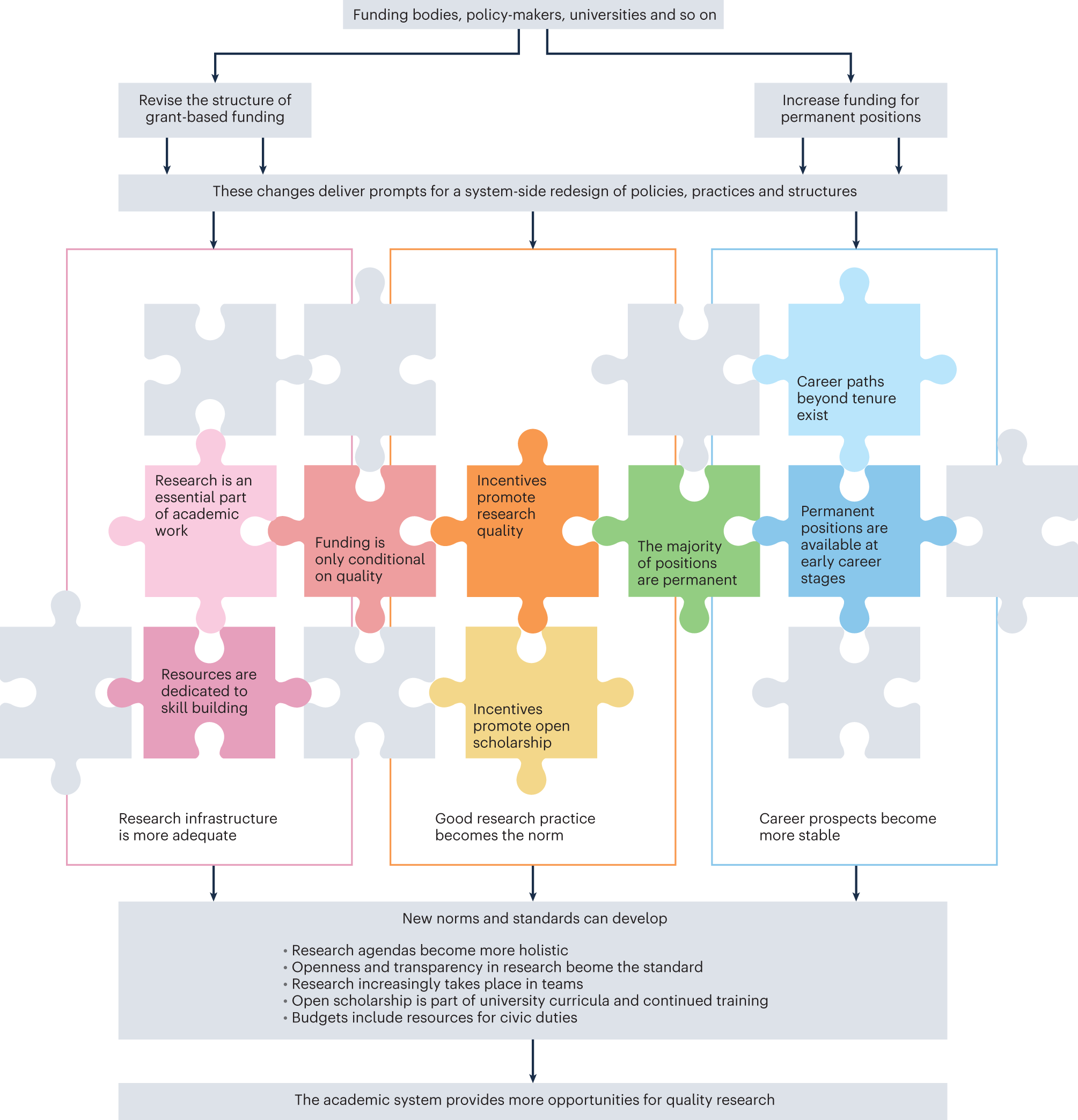Where to Locate High-grade Academic Resources for Your Study
Recognizing top notch academic resources is essential for rigorous study, yet browsing the huge landscape of available products can be discouraging. University collections function as important centers, supplying not only substantial collections yet additionally the proficiency of specialized curators. Furthermore, on-line academic data sources like JSTOR and PubMed aggregate academic short articles, while open gain access to journals offer even more inclusive access to research study searchings for. However, the expedition does not quit there; various systems exist that further improve study capacities. Comprehending exactly how to utilize these resources effectively might considerably impact your research end results. The next actions could shock you.
University Libraries

Beyond physical collections, university libraries frequently use specific research aid, consisting of consultations with curators that have subject know-how (Docentra). This support can dramatically boost the efficiency and effectiveness of the research process, enabling customers to navigate complicated information landscapes with better simplicity
Additionally, lots of collections supply access to uncommon and historical materials, which can be invaluable for sophisticated research study jobs. Such special sources often consist of key records, manuscripts, and historic collections that are not conveniently offered elsewhere.
Furthermore, college collections regularly organize workshops and workshops focused on enhancing information proficiency abilities. These campaigns encourage pupils and professors to critically assess sources, an important skill in today's information-rich environment. Overall, university libraries not just work as databases of understanding but also act as vibrant hubs that foster scholastic development and advancement.
Online Academic Databases
In the world of scholastic research study, online scholastic data sources play a critical role in providing students and scholars with prompt access to a wealth of academic short articles, journals, and other important sources. These digital databases serve as central systems where users can efficiently search for peer-reviewed literary works across various self-controls.
Popular data sources such as JSTOR, PubMed, and Scopus host substantial collections that cover a multitude of topics, from the humanities to the scientific researches. Docentra. By utilizing advanced search performances, researchers can refine their questions, filter results by magazine date, and accessibility citation tools, therefore enhancing the research procedure's efficiency and precision
Moreover, numerous data sources provide features like informs for brand-new publications and the ability to conserve and organize articles, even more improving the research experience. Subscriptions to these data sources are frequently offered through academic institutions, giving pupils and professor unlimited access to costs material.
Open Access Journals
Increasingly, scientists are turning to open accessibility journals as a complementary source to standard academic data sources. These journals provide an important system for sharing research study findings without the financial barriers commonly connected with subscription-based magazines. Open up access models permit for cost-free on the internet access to academic write-ups, ensuring that research comes to a wider audience, including professionals, policymakers, and the public.
The high quality of open accessibility journals has dramatically improved, with numerous sticking to extensive peer-review procedures and being indexed in trusted databases. This shift has fostered better transparency and collaboration in the scholastic area, as scientists can share their work quicker and receive comments from diverse point of views.
In addition, the proliferation of open accessibility journals straightens with the worldwide movement in the direction of open science, advertising the idea that publicly funded study must be easily offered to all. Researchers looking for high-grade academic sources must think about trusted open gain access to journals, such as those noted in the Directory site of Open Gain Access To Journals (DOAJ) or those published by identified scholastic societies. By incorporating open access journals into their research strategies, scholars can enhance the presence and impact of their job.
ResearchGate and Academia.edu
ResearchGate and Academia.edu have become crucial platforms for academic networking and knowledge sharing, with numerous scientists leveraging these sites to distribute their work and connect with peers. Both systems enable customers directory to create accounts that showcase their magazines, research passions, and scholastic accomplishments, helping with greater visibility within the academic neighborhood.
ResearchGate, founded in 2008, concentrates on advertising collaboration among scientists with functions such as research cooperation devices, project sharing, and question-and-answer forums. Customers can publish their papers, participate in conversations, and adhere to the job of others, enhancing the collaborative potential of their study. The system also gives metrics theoretically exposure and downloads, permitting scientists to article source gauge the influence of their work.
Academia.edu, released in 2008 too, runs similarly but emphasizes the sharing of academic papers. Individuals can follow specific research study subjects and receive updates on new publications within their areas of rate of interest. Furthermore, Academia.edu uses analytics on visitor interaction, helping researchers understand their audience much better.
Both systems work as beneficial sources for accessing top quality academic content and cultivating links that can bring about impactful cooperations.
Google Scholar and Beyond
Academic networking systems like ResearchGate and Academia.edu play a considerable function in disseminating research, yet Google Scholar supplies a various dimension by functioning as an extensive search engine for scholarly literature. It indexes a substantial variety of sources, including peer-reviewed short articles, theses, publications, conference procedures, and patents, making it an important tool for researchers throughout techniques.
Google Scholar offers numerous attributes that improve research performance. The citation monitoring function permits individuals to see just how commonly a paper has been pointed out, offering insights right into its impact within the academia. In addition, the "associated write-ups" attribute assists researchers find similar researches, assisting in a much more detailed expedition of a subject.

Conclusion
In verdict, accessing high-quality scholastic sources is necessary for strenuous research study. University libraries provide comprehensive collections and professional support, while on the internet academic databases such as JSTOR and PubMed centralize scholarly articles. Open up accessibility journals eliminate economic barriers, fostering broader dissemination of understanding. Platforms like ResearchGate and Academia.edu boost partnership amongst researchers. Google Scholar provides detailed search capabilities and citation tracking. Making use of these sources collectively can considerably boost the top quality and deepness of academic research.